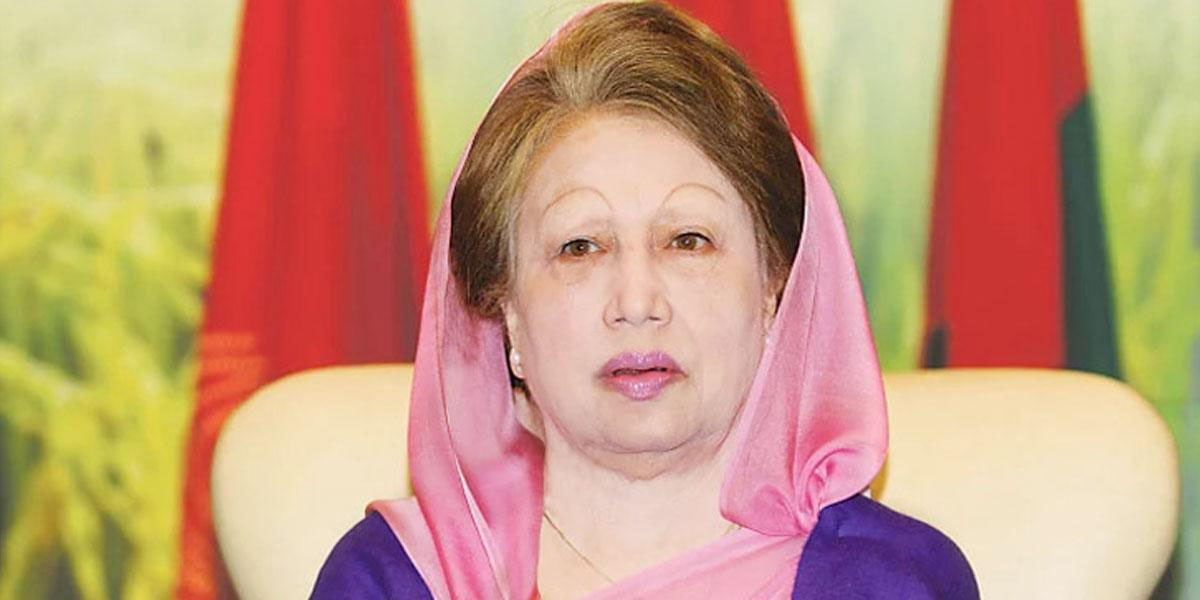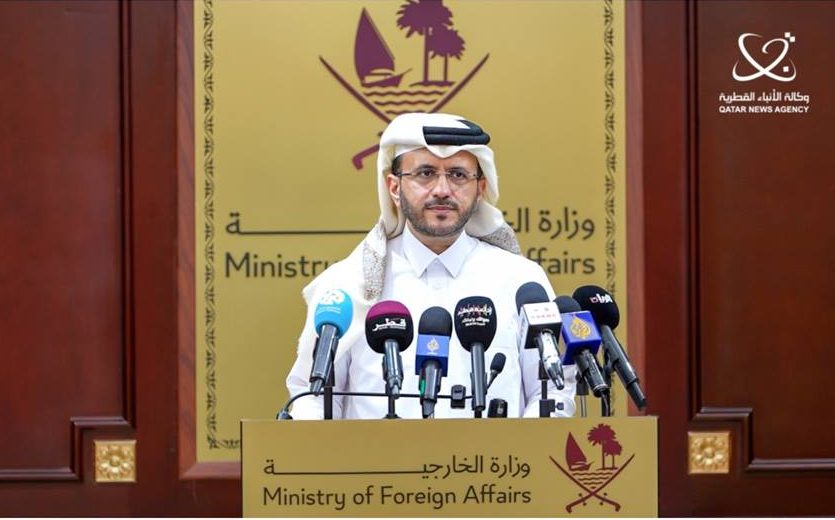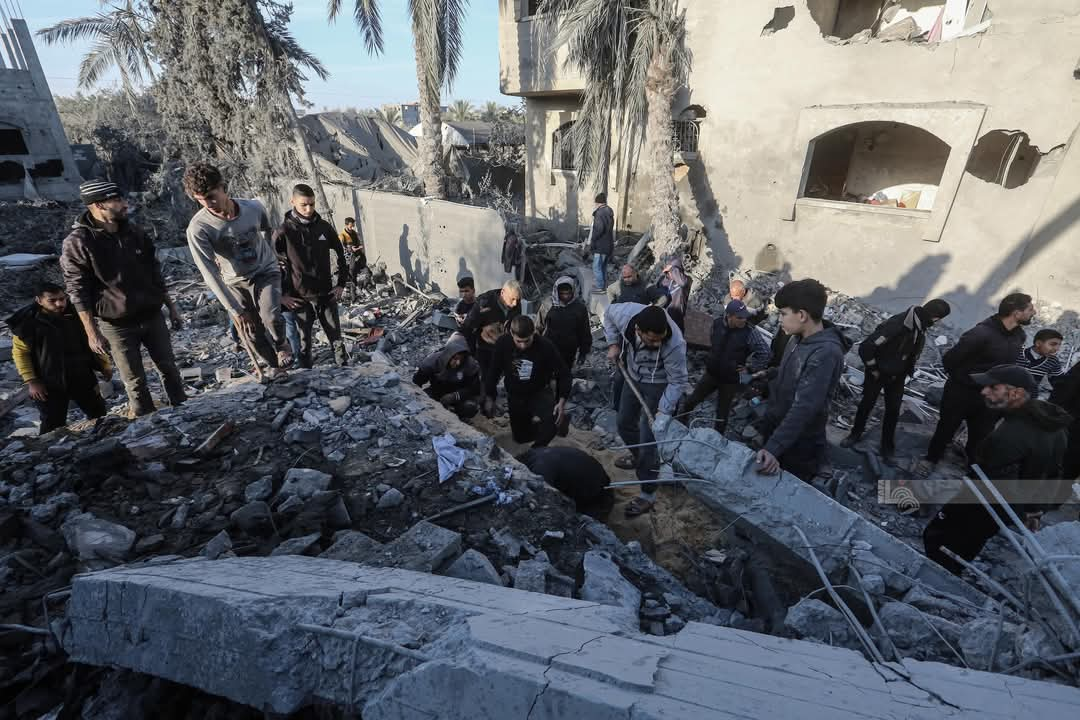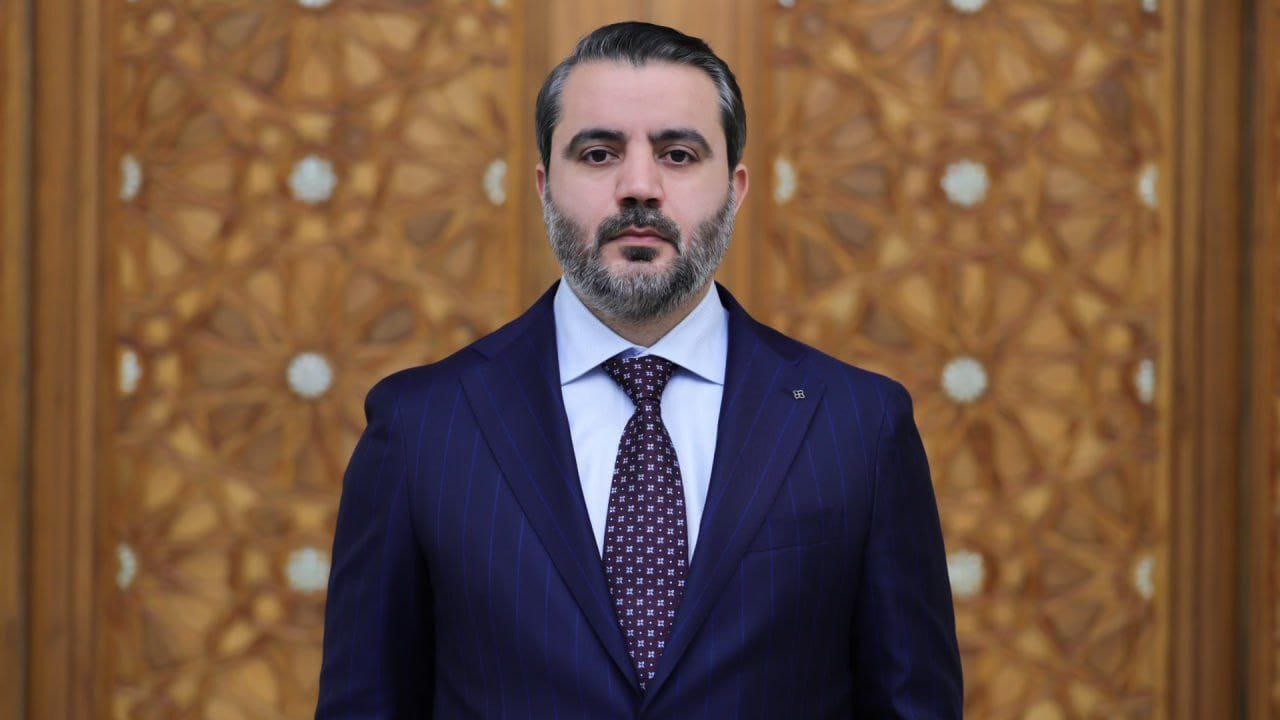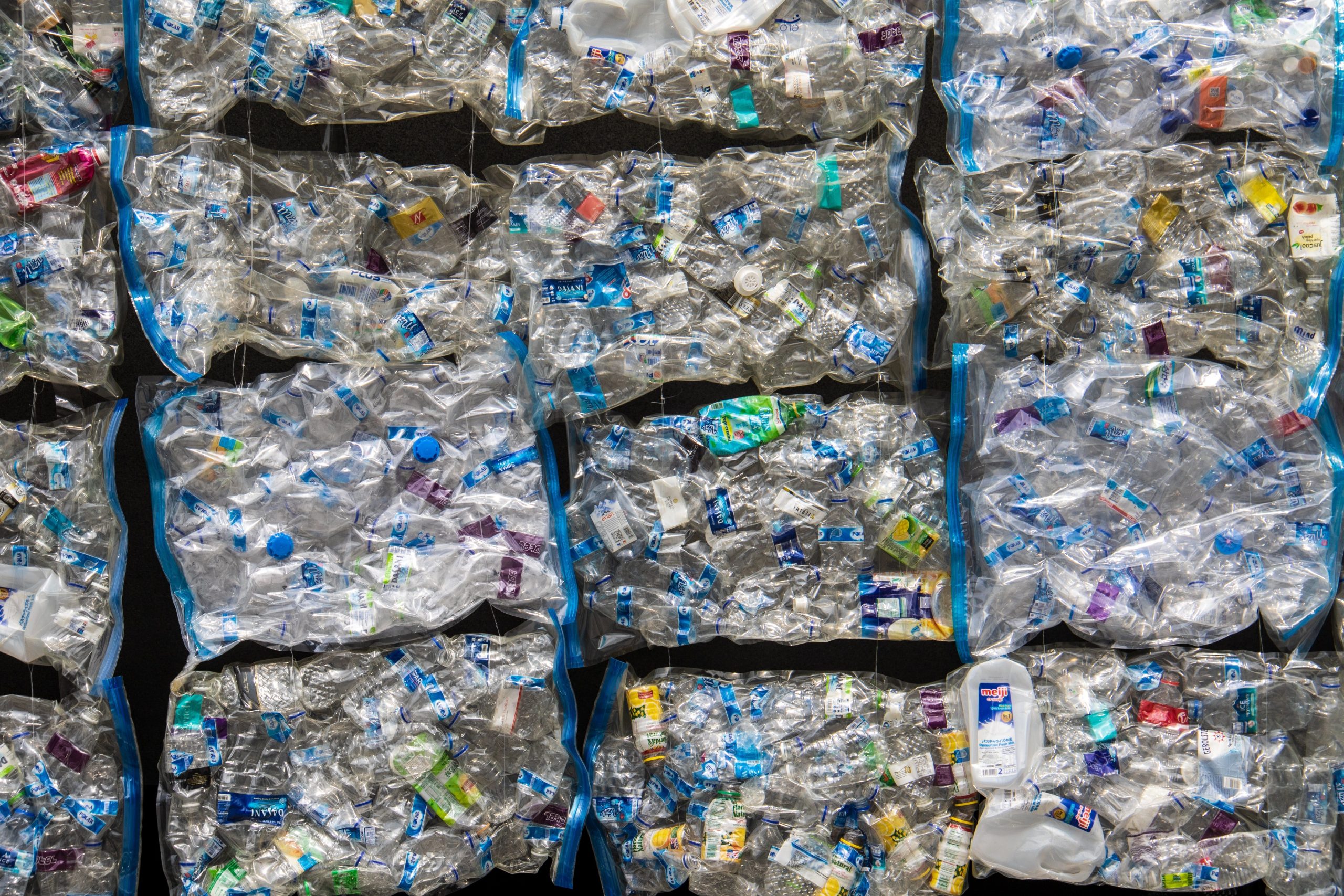
Qatar’s adults remained among the region’s richest people this year, but the country is home to a falling number of millionaires, a new global wealth report has found.
Qatar’s wealth per adult this year stood at $161,666 – the highest in the Middle East and North Africa, but down 0.4 percent ($600) since 2015.
This was based on an estimated population of 1.3 million adults in the country this year, the Global Wealth Report 2016 by Credit Suisse Research Institute (CSRI) said.
This downward trend in personal wealth was seen across most countries in the Gulf, which has been hit hard by lower oil prices.
Household wealth
CSRI’s detailed annual report examines wealth-related trends in more than 200 countries since 2000.
Household wealth is one of the key indicators it examines. This is measured as the total value of financial investments and assets such as property, minus any debt.
The overall value of Qatar’s household wealth increased to $210 billion by June this year, compared to $203 billion last year.

The UAE is the next most well-off in the region, at $151,098/adult this year, a drop of 0.3 percent from 2015.
Then came Kuwait, showing an unusual rise of 0.2 percent in its adults’ wealth, to $119,038.
When the overall value of the country’s household wealth was measured, Saudi Arabia came top at $725 billion, reflecting its status as the most populous state in the GCC.
Despite the recent downward trend, Qatar’s adults are more than six times richer than they were 16 years ago.
In 2000, average wealth per adult was $26,533.
A breakdown of the current wealth figure for Qatar shows that $99,616 is made up of financial investments, while non-financial wealth (such as property) stands at $83,687 per adult. Debt is around $21,638 per person.
Adults in the UAE have lower-value investments, but their non-financial wealth is greater, at $113,222 per person. They also have more debt – $49,932/person.
World-wide trends
Looked at globally, wealth rose 1.4 percent ($3.5 trillion) to $256 trillion by the middle of this year, the report stated.
However, this reflects overall population growth and so the wealth per adult for this year remains unchanged on last year’s figure for the first time since 2008.
This stands at an average of $52,800.
Switzerland continues to be home to the world’s richest adults, at $561,854 per person in 2016.

This makes it the fifth year in a row where wealth per person in the country exceeds $500,000.
Some countries saw their wealth grow over the past 12 months, with the US recording a $1.7 trillion uptick in its country’s recorded wealth.
But for others, it was not such a rosy picture. The UK suffered a “significant decline” of $1.5 trillion over the same period, predominantly due to currency depreciation following the Brexit vote, the report added.
In the coming five years, CSRI forecasts “moderate” acceleration of global wealth, to reach $334 trillion by 2021, with a rise in the number of millionaires to 45.1 million.
The stagnation of growth is due to ongoing effects from the global economic down-turn in 2008, Loris Centola, Global Head of Research of International Wealth Management said in a statement.
And this trend could continue, following the UK’s vote to leave the European Union and this month’s US election, he added:
“The consequences of the 2008-2009 recession will continue to have a material impact on growth, which is pointing more and more towards a long-term stagnation.
The emergence of a multipolar world, confirmed by the impact of the Brexit vote in the UK and by the US Presidential election, is likely to exacerbate such a trend, which could possibly lead to a new normal lower rate of wealth growth,” Centola said.
Fewer millionaires
Though wealth grew overall in Qatar, the number of millionaires has fallen this year.
Some 28,611 people in Qatar (or 2.2 percent of the population) hold personal wealth of $1 million or more – down from last year’s figure of 32,261.

Meanwhile, 21 people are holding fortunes of $50 million to $100 million, while eight are worth between $100 million and $500 million.
Across the country’s recorded adult population:
- 18.5 percent held wealth of less than $10,000;
- 39 percent had $10,000 to $100,000; and
- 40.3 percent (553,000 adults) had between $100,000 and $1 million
The results suggest that some of the country’s hundreds of thousands of low-income migrant workers may not be included in the data.
Billionaires
The report doesn’t record any billionaires in Qatar.
However, a 2013 wealth report estimates there are at least a dozen billionaires based here.
And a few months ago, businessman Sheikh Faisal bin Qassim Al Thani joined Forbes‘ 2016 list of Middle East billionaires, with an estimated worth of some $2 billion.

Other Qataris likely remain off the books.
In comparison, CSRI recorded four billionaires for the UAE this year, six people with wealth of $500m to $1 billion and 85 worth $100m to $500m.
Across the MENA region, the number of millionaires increased 330 percent since 2000 and is projected to reach nearly half-a-million (460,000) by 2021.
Wealth gap increasing
Globally, the gap between the haves and the have-nots continues to grow.
The bottom half of the world’s population own less than 1 percent of the total wealth, while the wealthiest 10 percent (those with more than $71,600) own 89 percent of all global assets.
Some 3.5 billion (nearly three quarters) of all the world’s adults have less than $10,000, while the bottom 20 percent – 1 billion people – own less than $248.
The world’s poorest live predominantly in India, Africa and the Asia-Pacific region.
Thoughts?


